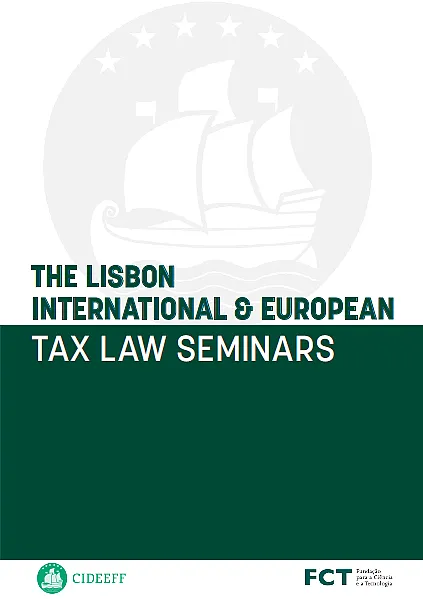“Work on the Move”: Rethinking Taxation of Labour Income under Tax Treaties

Labour, in all its dimensions, has been “on the move” in the last few years. Before the pandemic, labour mobility has mostly interested only a fraction of the working population, such as highly skilled and high-net-worth individuals. COVID-19 has, however, expanded the extent of labour mobility and the categories of workers involved.
This contribution discusses four major changes in labour patterns: (i) home office work; (ii) non-standard forms of employment; (iii) digital nomadism; and (iv) the decentralization of jobs. In particular, the article illustrates how a “work-fromanywhere” scenario may impact the taxation of labour income under tax treaties.
Using mainly the OECD Model as a reference, the article discusses difficulties related to the application of physical presence as a sourcing rule for employment income, the distinction between dependent and selfemployment income, and the concepts of home office and fixed base.
Based on the analysis provided, the author formulates tentative proposals for reforming the current tax treaty treatment of labour income. Specific recommendations include the introduction of a new article jointly dealing with the taxation of labour income, a reviewed scope of application of the physical presence criterion and tax treaty definitions of home office and fixed base.
Índice
This article was originally published in the International Tax Studies journal.
Publicações recentes


